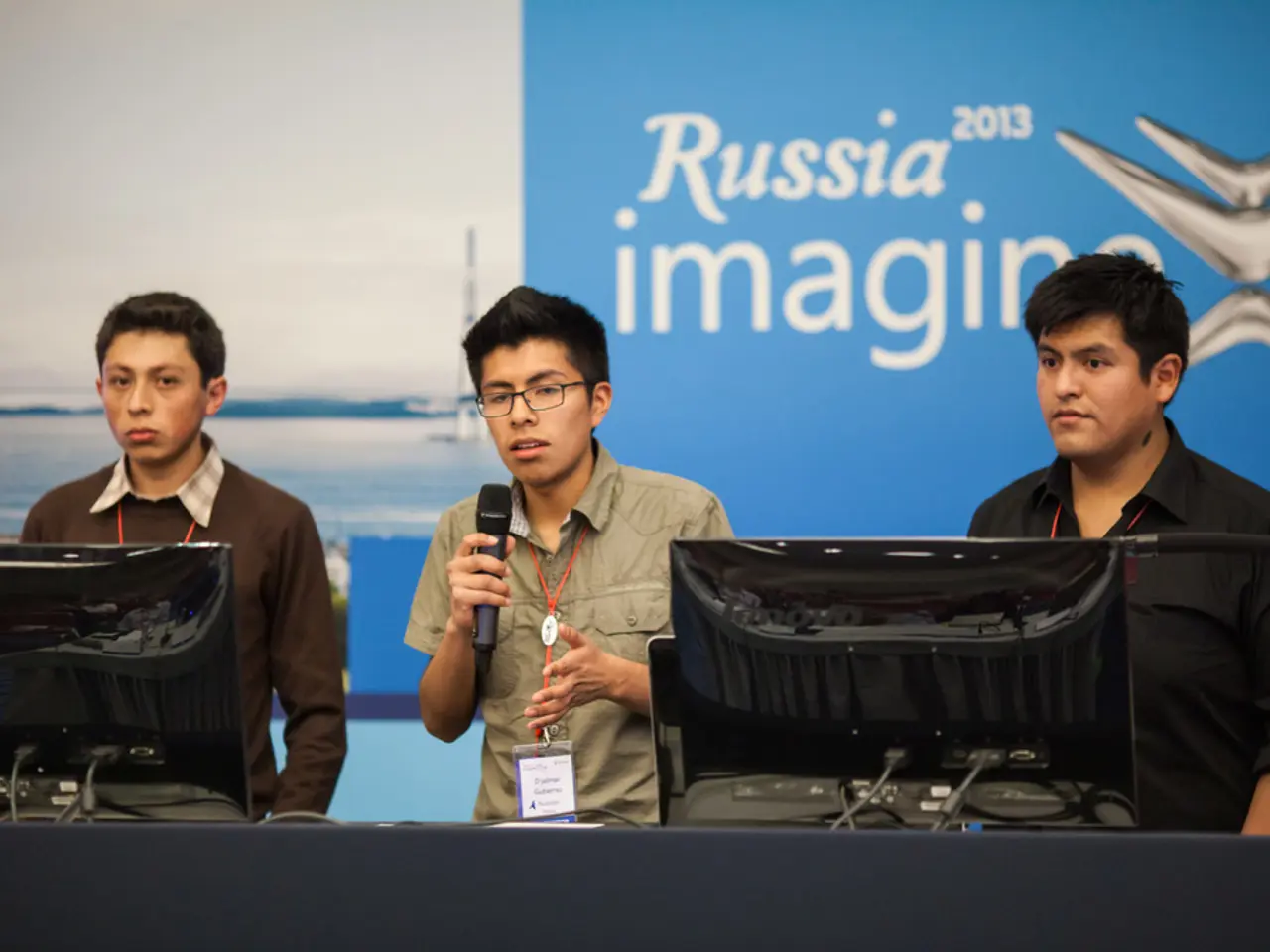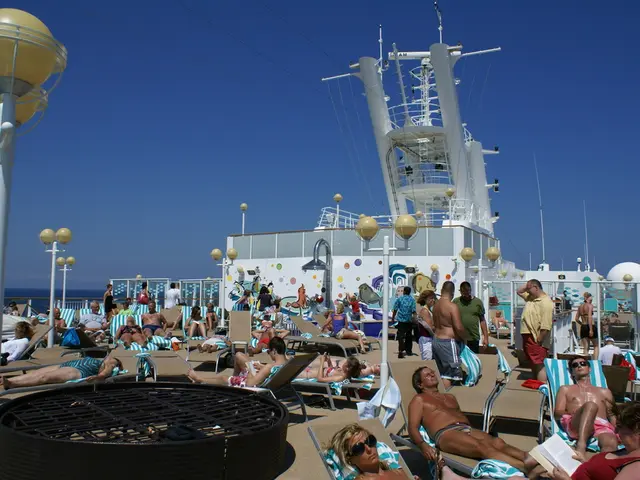"Arrival, Task Completion, Departure": Russian officials ponder over revised migration policy strategies
The Russian government has introduced a new migration policy, known as the 'Arrival, Work, Departure' policy, aiming to boost labor productivity and strictly regulate migrant residence. However, several experts and human rights groups have expressed concerns about the potential social risks associated with this policy, particularly its impact on migrant children and returnees.
One of the primary issues is the difficulty these children face in school enrollment, with complex tests and bureaucratic hurdles posing significant obstacles. Even Russian-speaking children from returnee families are not exempt from these challenges.
The policy's focus on labor productivity and temporary migration could potentially infringe upon the constitutional right to education for some children, potentially leading to increased crime rates and social tension due to lack of education.
The new policy presents challenges for migrant children, especially those not fluent in Russian. The temporary nature of the migration community proposed by the policy could hinder these children's integration into Russian society, which is crucial for their long-term success and well-being.
Experts have warned that the lack of integration could have far-reaching implications. They argue that integrating migrants into Russian society is not just a matter of fairness, but also a matter of national interest. A well-educated and integrated migrant population can contribute positively to the economy and society as a whole.
In light of these concerns, several experts have called for the policy to be revised to prioritize the integration of migrants into Russian society. They argue that a more inclusive approach would not only be fairer, but would also benefit the country in the long run.
Despite the lack of information about who exactly developed this policy, it is clear that the implications are far-reaching and complex. As the policy is implemented, it will be important to monitor its impact on migrant children and their access to education, as well as its impact on social cohesion in Russia.
Read also:
- United States tariffs pose a threat to India, necessitating the recruitment of adept negotiators or strategists, similar to those who had influenced Trump's decisions.
- Weekly happenings in the German Federal Parliament (Bundestag)
- Southwest region's most popular posts, accompanied by an inquiry:
- Discussion between Putin and Trump in Alaska could potentially overshadow Ukraine's concerns








